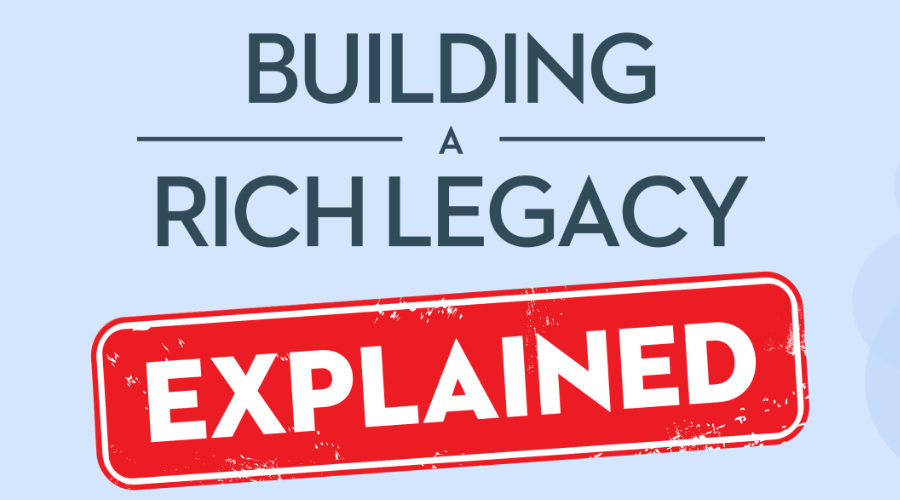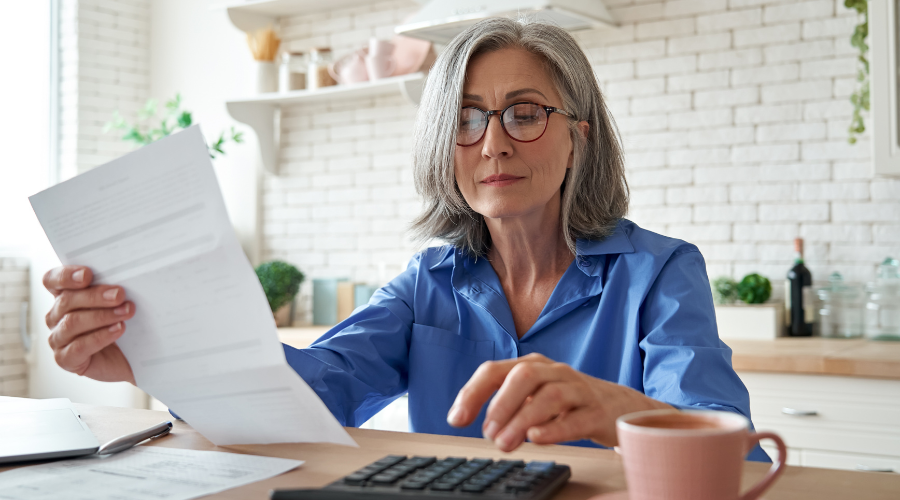How do you pay back a reverse mortgage?
Reverse mortgages in Canada continue to grow in popularity. In 2022, HomeEquity Bank, Canada’s largest reverse mortgage provider, saw a growth in reverse mortgages of over 30%.
This isn’t too surprising when you realize that reverse mortgages allow Canadians aged 55 and over to borrow up to 55% of the value of their home, without having to make any regular monthly mortgage payments. This aspect of reverse mortgages makes them particularly attractive to retirees who need to boost their retirement income or cash in some of their home’s equity to make home renovations, consolidate high-interest debt, pay medical expenses or cover the increased cost of living.
However, given that you never have to make regular monthly mortgage payments while you hold a reverse mortgage, many people wonder how to pay back a reverse mortgage. In this article, we’ll not only go into the details of paying back a reverse mortgage, we’ll also answer some common reverse mortgage pay back questions, including; can you pay back a reverse mortgage early; when do you pay back a reverse mortgage; who pays back a reverse mortgage; how long to pay off a reverse mortgage after death; and how do you pay back a CHIP Reverse Mortgage?
When do you pay back a reverse mortgage?
Another advantage of a reverse mortgage is that, up to a point, the timing for a reverse mortgage pay back is up to you (though you may have to pay a prepayment penalty if you pay it off before the mortgage term is up). You get to choose the best time for paying back a reverse mortgage, unless one of three things happens:
- The last surviving mortgage holder passes away.
- You move out of your home and it’s not your primary residence.
- You sell your home.
If any of these three situations arise, paying back a reverse mortgage is mandatory.
Also, when you take out a reverse mortgage, the terms of the contract state that you must keep your home in good condition, have ongoing homeowners’ insurance and pay your property taxes.
If you fail to meet any of these reverse mortgage obligations, your lender may call in the loan for breach of contract. This could mean that you would have to pay off the loan in full. However, these situations rarely happen: the beauty of a reverse mortgage is that you can use the money for any purpose, including paying for the upkeep of your home, insurance and property taxes.
How do you pay back a reverse mortgage?
If you move out or sell your home, paying back a reverse mortgage will be your responsibility. If you pass away, the responsibility paying back a reverse mortgage will be your heirs’ or your estate’s. Many people wonder, do you have to pay back your parents’ reverse mortgage if they pass away? If they are the mortgage holders and they left their home to you in their will, then you would have to pay off the reverse mortgage, because it can’t be transferred to another person.
Regardless of who is responsible for the reverse mortgage pay back, there are two main options that are available to you:
Sell your home:
If you’re moving out of your home anyway, it makes sense to sell it to pay off your reverse mortgage. And if it was your parents’ home, this is the easiest way to pay off their reverse mortgage debt. Once you’ve sold the home, you will have to pay off the mortgage first, as well as any realtors’ fees; the rest of the proceeds are yours. For homeowners who have a CHIP Reverse Mortgage, the good news is that there is a No Negative Equity Guarantee, which means that you’ll never owe more than your home is worth, as long as you meet your mortgage obligations.
Take out a conventional mortgage:
If you move out of your home but want to keep it (for example, as an investment property), or if you’ve inherited the home and want to keep it in the family, you may be able to pay off the reverse mortgage with a conventional one. However, this could be tricky for retirees, given that you normally need to have considerable income to qualify for a conventional mortgage.
How long to pay off a reverse mortgage after the death of the homeowner?
The amount of time you’ll have to pay off the reverse mortgage can vary from lender to lender: HomeEquity Bank requires the balance owing to be paid within a period of 180 days after the death of the last person on the mortgage.
If you receive a home in a will, and it has a reverse mortgage attached to it, you would receive a “due and payable” notice from the lender, after which time you would need to decide which course of action you prefer (either selling the home or paying off the reverse mortgage with a new mortgage).
Can you pay back a reverse mortgage early?
Most reverse mortgages come with a term that you sign up for, after which you can pay off your reverse mortgage or sign up for another term.
You can pay back your reverse mortgage before the term is up, but you’ll probably have to pay a prepayment penalty. You should find out how much the penalty will be before deciding to pay back your reverse mortgage early.
How do you pay back a CHIP reverse mortgage?
It’s really easy: contact HomeEquity Bank and let them know that you want to pay off your CHIP Reverse Mortgage. You will then learn:
- If you have to pay a prepayment penalty and the amount.
- Your total final mortgage amount (including the amount you borrowed plus any interest that has accumulated).
- The ways you can make the final payment.
You may need to get your lawyer involved, as HomeEquity Bank will no longer be registered as the reverse mortgage provider for your home.
FAQs on paying back a reverse mortgage
Who pays back a reverse mortgage?
If you’re the mortgage holder and you’re moving out or selling your home, you would be responsible for paying back a reverse mortgage. If you’ve inherited the home, you would be responsible for the reverse mortgage pay back.
Do you make monthly payments on a reverse mortgage?
You don’t have to make any regular monthly mortgage payments with a reverse mortgage. You can choose to make interest payments, but that choice is up to you. Most people prefer not to make any regular monthly mortgage payments, so that they free up as much of their retirement income as possible.
What are the payment options on a reverse mortgage?
If you’re wondering, how do you pay back a reverse mortgage, this can be done using the lump sum you received from selling your home or by taking out a conventional mortgage and using those funds to pay back your reverse mortgage.
How do you pay back a reverse mortgage before the mortgage term is up?
You would need to contact your lender and let them know what you intend to do. Be aware, though, that you might have to pay a prepayment penalty: your lender can give you those details before you make your final decision.
Do you have to pay back a reverse mortgage if your spouse dies?
Usually, both spouses are listed as borrowers on reverse mortgages, so the surviving spouse can remain in their home as long as they like, even after their spouse dies. If the surviving spouse is not on the mortgage, they would need to contact their lender about whether they can be transferred over to the mortgage.
Do you have to pay back a reverse mortgage if you move into a long-term care facility or retirement residence?
With a CHIP Reverse Mortgage, at least one of the mortgage holders has to live in the home to avoid having to pay back their reverse mortgage. If the last remaining mortgage holder moves into a care home or retirement residence, they would no longer be occupants of the home and would be given one year to pay what they owe on the reverse mortgage.
How much can you borrow with a reverse mortgage?
While you might be able to borrow up to 55% of the value of your home, the exact amount will depend on a number of variables:
- Your age and that of your spouse, if applicable.
- The value and type of your home.
- The area where you live.
To find out how much you could borrow with a CHIP reverse mortgage, please call us toll-free at 1-866-522-2447 or get your free estimate online































